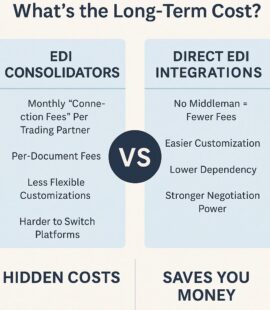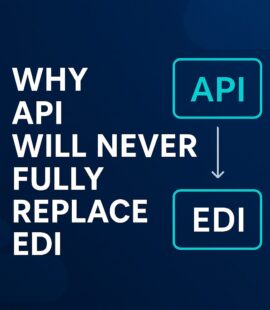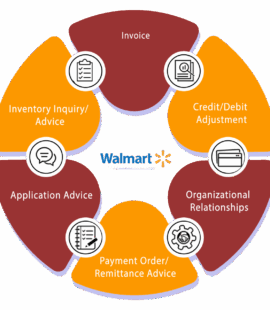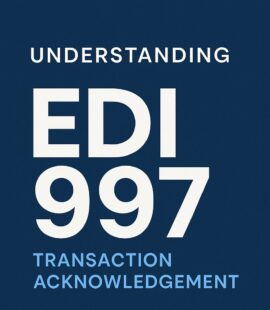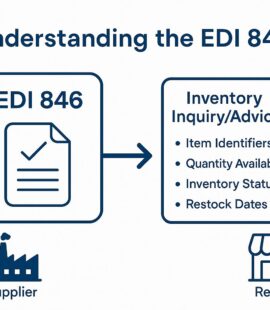Sick of EDI Chargebacks? 5 Signs Your EDI Setup Needs a Tune-Up
Tired of EDI chargebacks cutting into your profits? This post outlines five warning signs your EDI setup needs a tune-up — from late ASNs to invoice mismatches — and how upgrading your system can help you avoid costly penalties.… Read More


